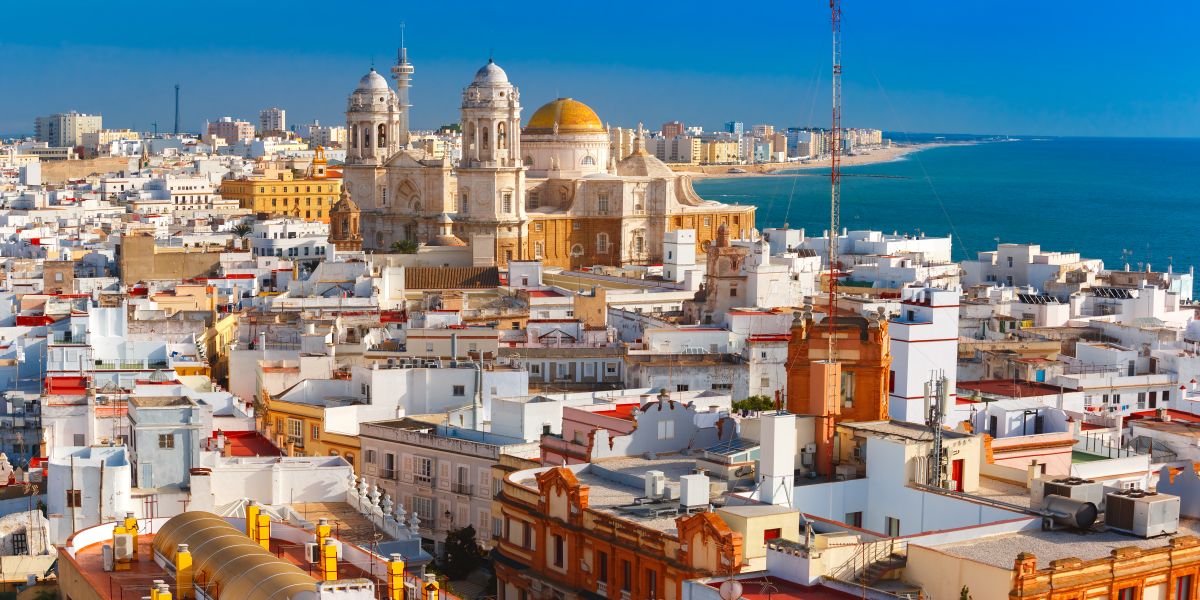New Spanish Immigration Regulations: Key Points And Updates

Six months since its publication, 20 May marked the long-awaited entry into force of Royal Decree 1155/2024, of 19 November, which approves the Regulation of Organic Law 4/2000, of 11 January, on the rights and freedoms of foreigners in Spain and their social integration (hereinafter RD 1155/2024). This new Regulation introduces substantial changes to various immigration categories, affecting both foreign nationals residing in Spain and those seeking to regularise their status.
Written for Expat Network by Marta Salvador Mateo, Immigration Lawyer at AGM Abogados
At AGM Abogados, we have closely followed every stage of the approval process for the new Immigration Regulation. Over the past six months, as a team specialising in Immigration, we have conducted a thorough analysis of the draft, the final text, and the published instructions, anticipating its practical impact. Today, we share the most relevant updates of RD 1155/2024:
· Reform of “arraigo” permits: new categories and greater flexibility
The new regulation expands the previous three types of “arraigo” (social, family, and employment) to five: second-chance arraigo (for those unable to renew a previous residence permit), socio-employment arraigo (for those with one or more work contracts of at least 20 hours per week and lasting over 90 days), social arraigo (for those with family ties in Spain or a social integration report and financial means), training-based arraigo (for those enrolled in vocational training under new conditions), and family arraigo (for parents or guardians of minors from the EU, EEA or Switzerland, or those supporting a disabled EU national).
In all cases, the required period of residence is reduced from three to two years.
· Residence for family members of Spanish nationals
One of the most significant changes is the introduction of a specific process for foreign nationals who are relatives of Spanish citizens. The new Regulation defines the eligible family members (spouses; registered partners; stable unregistered partners; children under 26 or over 26 who are dependent; first-degree ascendants; parents or guardians of Spanish minors; children of Spanish nationals; and second-degree relatives providing care to dependent Spanish citizens).
In some cases, the application may be submitted from the country of origin, and spouses, registered partners, and working-age children may work while their application is being processed.
· Updates for students
The new regulation strengthens oversight of authorised educational institutions and sets stricter criteria for studies that qualify for a student stay. Key updates include changes to application deadlines and the inclusion of hybrid learning for higher education, post- compulsory secondary education, and vocational training.
· Minimum stay requirement for non-lucrative residence
Following the elimination of the investor residence permit (the so-called “Golden Visa”), many considered the non-lucrative residence permit as an alternative. However, the new regulation now requires a minimum stay of 183 days per year to renew this permit.
· Stricter rules for international protection applicants
The new regulation imposes additional restrictions on access to other regularisation pathways for individuals with pending or rejected international protection applications. For example, time spent in Spain as an asylum seeker will not count towards the two-year requirement for applying for an “arraigo” permit.